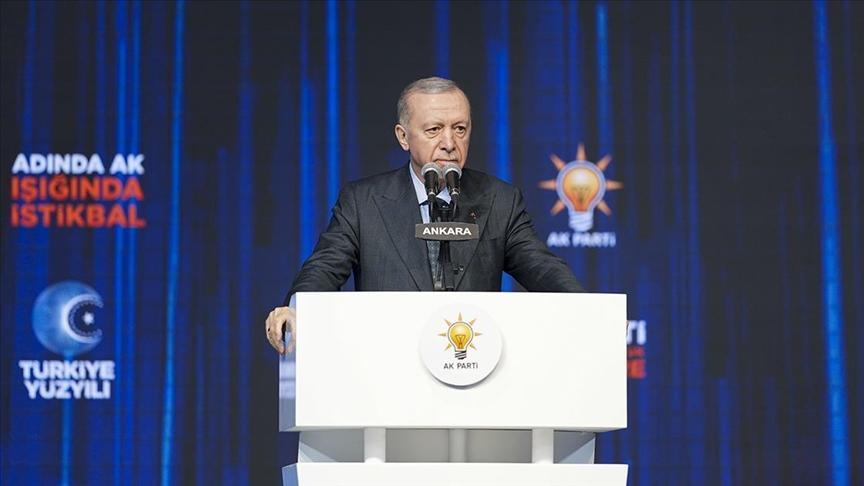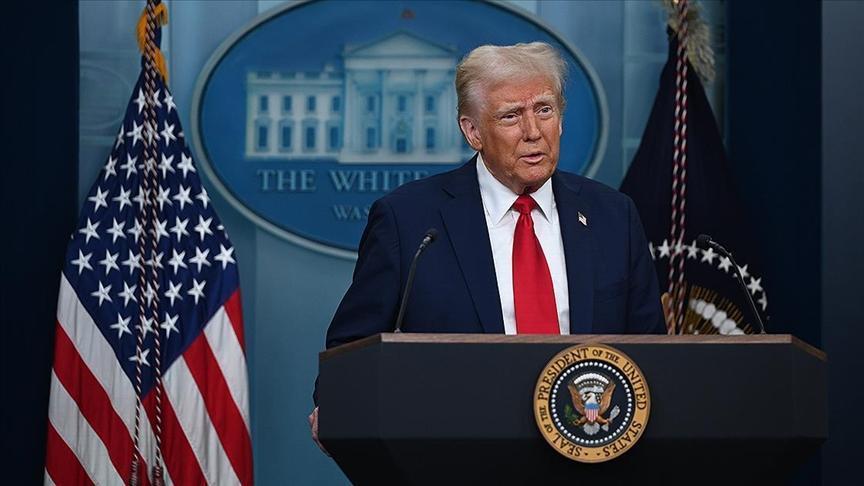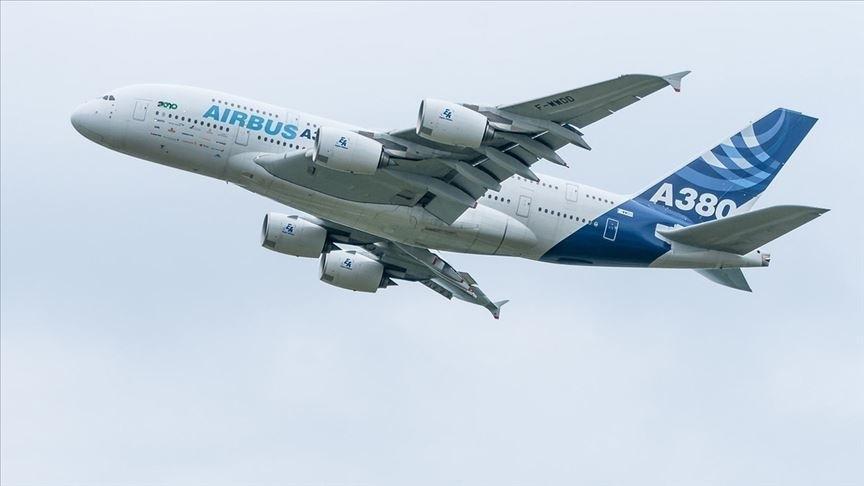Turkey keeps ‘not free’ position in Freedom House report on press freedom
ISTANBUL
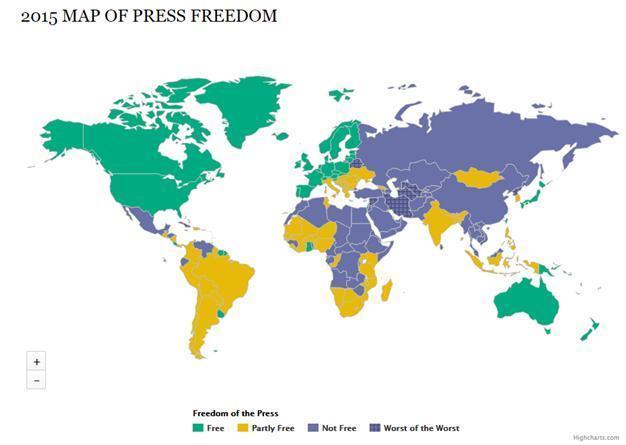
Credit: Freedom House
Turkey remained “not free” in terms of its press freedom, increasing its overall negative-trending score from 62 to 65 compared to the previous year, according to Freedom House’s “2015 Freedom of the Press” report.“Conditions for media freedom in Turkey continued to deteriorate in 2014 after several years of decline,” read a part of the U.S.-based think tank’s report, released on April 28.
The report stated that the government had enacted new laws that expanded both the state’s power to block websites and the surveillance capability of the National Intelligence Organization (MİT).
“Journalists faced unprecedented legal obstacles as the courts restricted reporting on corruption and national security issues. The authorities also continued to aggressively use the penal code, criminal defamation laws and an antiterrorism law to crack down on journalists and media outlets,” it read.
Turkey was relegated from the league of “partly free” countries to the league of “not free” countries in Freedom House’s 2014 Freedom of Press Report. This year, Turkey’s overall score went to 65 from 62, with a higher score indicating less press freedom.

The country has showed a continued negative trend since 2009, as its overall score climbed from 50 to 65 in just six years.
Turkey scored 24 points out of 40 in the legal environment section, 27 out of 40 in the political environment and 14 out of 30 in the economic environment, making the country’s overall score 65.
“Verbal attacks on journalists by senior politicians—including Recep Tayyip Erdoğan, the incumbent prime minister who was elected president in August—were often followed by harassment and even death threats against the targeted journalists on social media,” the report said.
It stated that the government, ruled by the Justice and Development Party (AKP) for the past 13 years, continued to use its financial and other leverages on media owners to influence coverage of politically sensitive issues.
“Several dozen journalists, including prominent columnists, lost their jobs as a result of such pressure during the year, and those who remained had to operate in a climate of increasing self-censorship and media polarization,” the report said.
World in overall decline over press freedom
In an overall assessment, the report stated that while there were positive developments in some countries, 2014’s global average press freedom score further declined by 0.74 points, bringing the figure to its lowest level since 1999 and marking the greatest year-on-year decline since 2005.
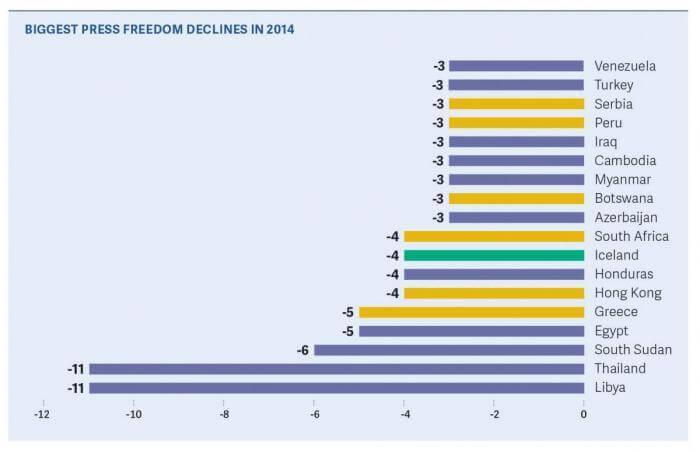
“The rate of decline also accelerated drastically, with the global average score suffering its largest one-year drop in a decade. The share of the world’s population that enjoys a free press stood at 14 percent,” the report stated. In other words, only one in seven people live in countries where political news coverage is robust, the safety of journalists is guaranteed, state intrusion in media affairs is minimal, and the press is not subject to onerous legal or economic pressures.
Of the 199 countries and territories assessed for 2014, a total of 63 (32 percent) were rated “free,” 71 (36 percent) were rated “partly free,” and 65 (32 percent) were rated “not free.”
The number of countries with significant improvements (eight countries) was the lowest since 2009, while the number of countries with significant declines (18 countries) was its highest in seven years.
All regions except sub-Saharan Africa, whose average score improved slightly, showed declines, with Eurasia suffering the largest drop.
Norway and Sweden were rated the world’s top press freedom countries, while Europe enjoyed the highest level of press freedom, even though its regional average score was the world’s second-largest net decline over the past 10 years.



